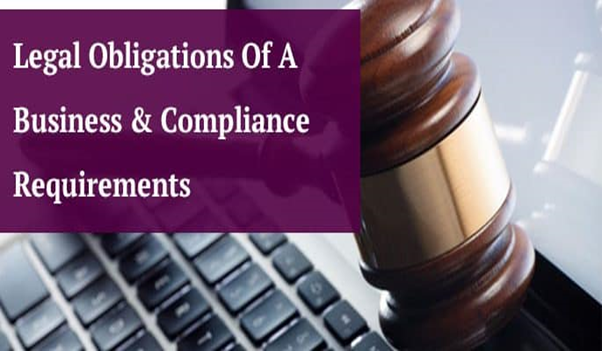-
News
-
Blog
-
Archive

Compliance is a crucial aspect of running a business in the UK, ensuring that companies meet legal, financial, and operational requirements. Failing to adhere to these obligations can result in fines, legal penalties, and reputational damage. This guide outlines the key compliance requirements for UK businesses, covering statutory filings, tax obligations, and industry-specific regulations.
1. Business Registration and Legal Structure
Before operating, businesses must register with the appropriate authorities. The most common business structures include:
- Sole Trader – Must register with HMRC for self-assessment.
- Limited Company – Must be registered with Companies House and comply with the Companies Act.
- Partnership – Requires registration with HMRC and may need a partnership agreement.
For assistance with business registration services, consult our experts.
2. Statutory Filings and Reporting Requirements
Limited companies and partnerships are required to submit statutory filings, including:
- Annual Accounts – Filed with Companies House.
- Confirmation Statement – Verifies company details annually.
- Corporation Tax Return – Submitted to HMRC within 12 months of the financial year-end.
- VAT Returns – If registered for VAT, businesses must file quarterly or monthly returns.
Non-compliance with these filings can result in penalties and potential legal action.
3. Taxation and Financial Compliance
Understanding tax obligations is critical for financial compliance. Key taxes include:
- Corporation Tax – Paid on company profits; the current rate is 25% for large businesses and 19% for small businesses.
- Income Tax – Applicable to sole traders and partners based on earnings.
- VAT (Value Added Tax) – Mandatory for businesses with an annual turnover exceeding £90,000.
- PAYE (Pay As You Earn) – Required for businesses employing staff.
For tax advisory services, consult our professional accountants.
4. Industry-Specific Regulations
Depending on the industry, businesses may need additional compliance measures:
- Health and Safety Compliance – Businesses must follow the Health and Safety at Work Act.
- Data Protection and GDPR – Companies handling personal data must comply with GDPR regulations.
- Financial Regulations – Businesses in finance must adhere to FCA (Financial Conduct Authority) guidelines.
- Licensing and Permits – Certain sectors, such as food services and construction, require specific licenses.
5. Employment Law and HR Compliance
Businesses hiring employees must adhere to employment laws, including:
- Right to Work Checks – Employers must verify the legal work status of employees.
- National Minimum Wage Compliance – Ensuring employees receive legal minimum wages.
- Workplace Pension Schemes – Auto-enrolment is mandatory for eligible employees.
- Employment Contracts – Providing written contracts outlining employee rights and responsibilities.
For guidance on payroll and employment compliance, get in touch with our HR specialists.
6. Record Keeping and Audit Requirements
UK businesses are required to maintain accurate financial records for at least six years. Proper record-keeping includes:
- Invoices and Receipts
- Tax Returns and Financial Statements
- Payroll Records
Larger businesses may also require independent audits based on revenue and asset thresholds.
7. Anti-Money Laundering (AML) and Ethical Compliance
Certain businesses, such as financial services and real estate firms, must comply with AML regulations. This includes:
- Customer Due Diligence (CDD)
- Suspicious Activity Reporting (SAR)
- AML Training for Employees
Non-compliance with AML rules can lead to severe penalties from regulators such as HMRC and the FCA.
Conclusion
Understanding and adhering to compliance obligations is crucial for business success in the UK. From tax filings to industry-specific regulations, maintaining compliance helps businesses operate legally and efficiently.